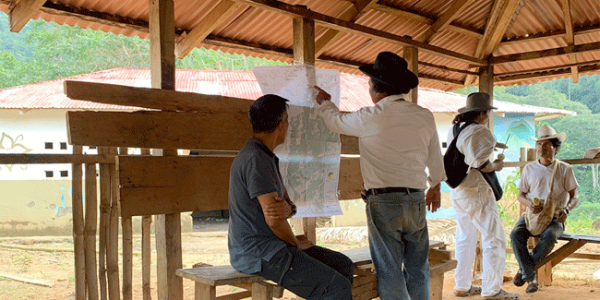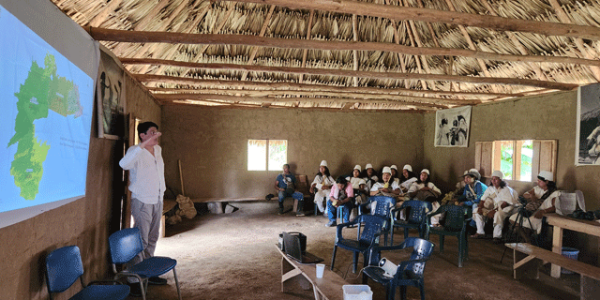Urgency in valuing carbon credits
Limiting global warming to 1.5 to 2°C necessitates reducing emissions significantly this decade, as highlighted by the Intergovernmental Panel on Climate Change (IPCC). This ambitious goal requires annual investments of at least $2.4 trillion in areas like public transport, renewable…
Insights from the Latin America Climate Summit (LACS) 2024
The IETA Latin America Climate Summit (LACS) 2024 recently concluded in Cartagena, drawing over 600 attendees, including representatives from Asia, the United States, Europe, and local indigenous communities. The event showcased Latin America’s dedication to climate action and transitioning to…
Energy Transition in Latin America: Challenges and Opportunities
Latin America has enormous potential for renewable energy generation due to its rich natural resources. Countries like Brazil, Mexico, and Chile are leading with significant investments in solar, wind, and hydroelectric energy. For example, Brazil obtains 80% of its electricity…
Sustainable land management in Latin America
Agriculture, forestry, and other land uses (AFOLU) are major sources of greenhouse gas (GHG) emissions, accounting for 25% of global emissions. In Latin America, AFOLU contributes a significant 56% of total emissions, outpacing the energy sector. For Latin America to…
Sargassum: from problem to solution
The proliferation of Sargassum along the Caribbean coastlines has escalated from an environmental curiosity to a pressing concern.
The shift to sustainable climate solutions
Achieving carbon neutrality was the primary aim in the fight against climate change. However, the focus has shifted towards ensuring that climate measures are not only carbon neutral but also sustainable. Today, it’s not just about offsetting CO2 emissions with…
Women, key agents of change in the fight against climate change
In many regions, women are the linchpins of agricultural production and water management, bearing the brunt of erratic weather patterns and resource scarcity. Yet, they often confront systemic barriers such as limited access to land rights and decision-making forums. One…
Harnessing technology for global climate action
With the world requiring 250 billion tons of carbon reduction by 2030 to limit global temperature rise to 1.5°C, technological innovation emerges as a pivotal enabler. The Paris Agreement acknowledges this imperative, emphasizing the importance of developing and transferring climate…
We need to learn how to talk about the Paris Agreement
The Paris Agreement often evokes perceptions of technicality or disinterest, prompting many to overlook the critical issue of climate change. Some individuals even experience eco-anxiety, a persistent apprehension stemming from the perceived irreversible consequences of environmental degradation. Conventional methods of…
Going slowly but surely in the fight against climate change
In the ongoing battle against climate change, there is a glimmer of hope, albeit with a slow but steady progress. The recent COP28 in Dubai, held in December 2023, fell short of expectations as developed countries hesitated to commit to…










